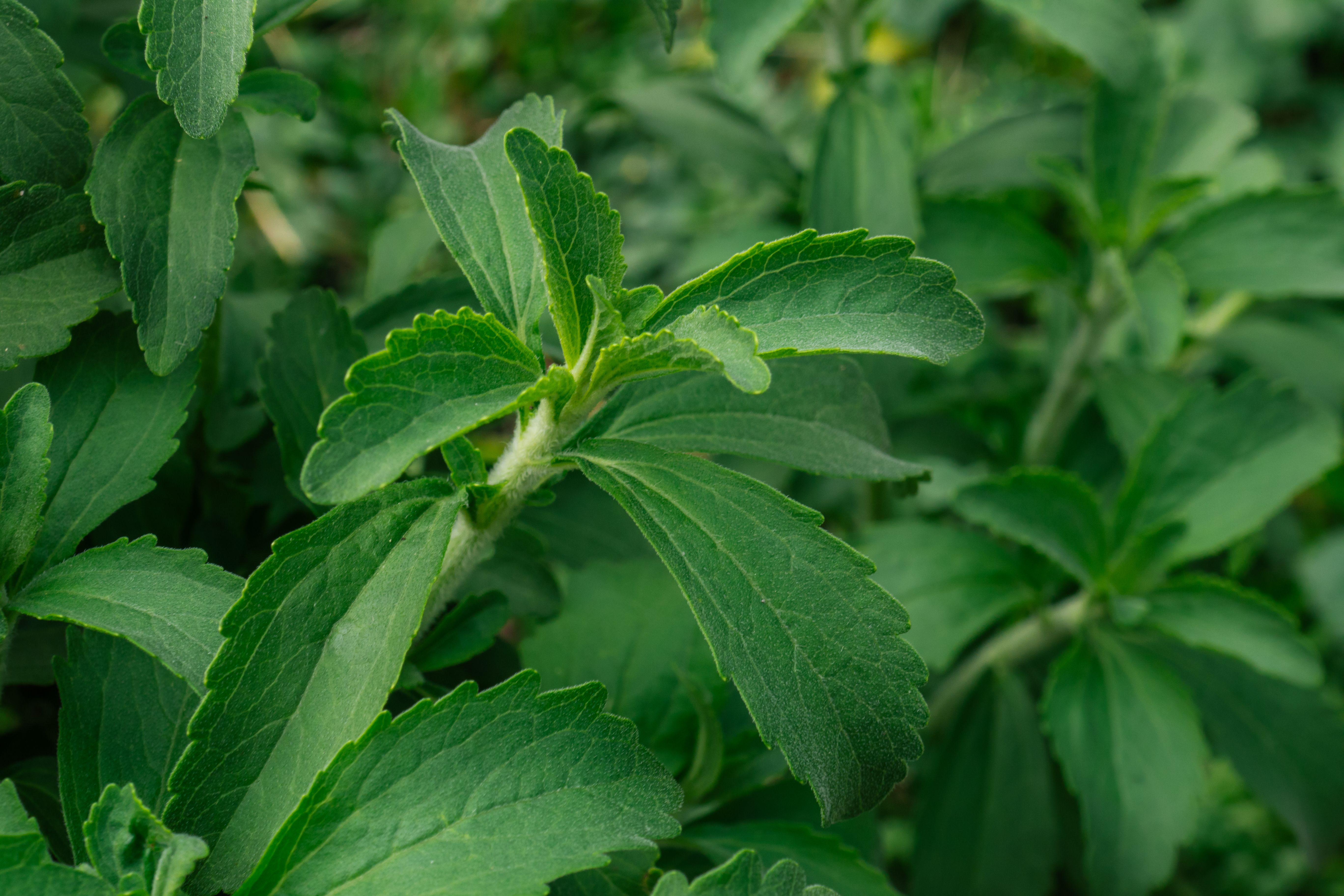Healthy Korean Cooking: Using Stevia and Allulose for Weight Loss
Exploring Healthy Korean Cooking
Korean cuisine is not only rich in flavor but also offers a variety of health benefits. With the global focus on healthier eating habits, integrating natural sweeteners like stevia and allulose into traditional Korean recipes can be a game-changer for those looking to lose weight.
These sweeteners offer a low-calorie alternative to sugar without compromising on taste. Let's delve into how you can incorporate these ingredients into your Korean cooking.

Understanding Stevia and Allulose
Stevia is a natural sweetener derived from the leaves of the Stevia rebaudiana plant. It is approximately 200-300 times sweeter than sugar, which means you need only a small amount to achieve the desired sweetness. Stevia is calorie-free, making it an excellent choice for weight loss.
Allulose, another low-calorie sweetener, is found naturally in small quantities in foods like figs and raisins. It is about 70% as sweet as sugar but contains only a fraction of the calories. Allulose is also known for its ability to mimic the texture and taste of sugar, making it ideal for cooking and baking.

Incorporating Sweeteners into Korean Dishes
Traditional Korean dishes often use sugar or honey to add sweetness. By replacing these with stevia or allulose, you can enjoy your favorite meals with fewer calories. Here are some ways to incorporate these sweeteners:
- Bulgogi Marinade: Replace sugar with stevia or allulose in the marinade for a healthier version of this popular beef dish.
- Korean Pancakes (Hotteok): Use allulose in the filling to maintain the dish's soft texture.
- Kimchi: A touch of stevia can add a subtle sweetness without overpowering the fermented flavors.
Benefits of Using Stevia and Allulose
Incorporating stevia and allulose into your diet offers several benefits beyond just weight loss. These sweeteners have a low glycemic index, meaning they don't spike blood sugar levels, making them suitable for people with diabetes or those looking to manage their blood sugar levels.

Additionally, both stevia and allulose have been praised for their ability to support dental health as they do not contribute to tooth decay. This makes them a fantastic alternative for those who are health-conscious.
Practical Tips for Cooking with Stevia and Allulose
When cooking with stevia, remember that a little goes a long way. Start by using small amounts and adjust according to your taste preferences. For allulose, you might need to use slightly more than you would with regular sugar due to its lower sweetness level.
Experimenting with these sweeteners in various recipes will help you find the right balance that suits your palate while keeping your meals healthy and satisfying.

The Future of Healthy Korean Cooking
The integration of stevia and allulose into Korean cooking represents a step forward in promoting healthier eating habits. As more people become aware of these alternatives, it opens up the possibility of enjoying delicious, traditional flavors without the extra calories.
Whether you're a seasoned cook or new to Korean cuisine, experimenting with these sweeteners can be both fun and rewarding. Embrace the change and enjoy your journey towards healthier eating!